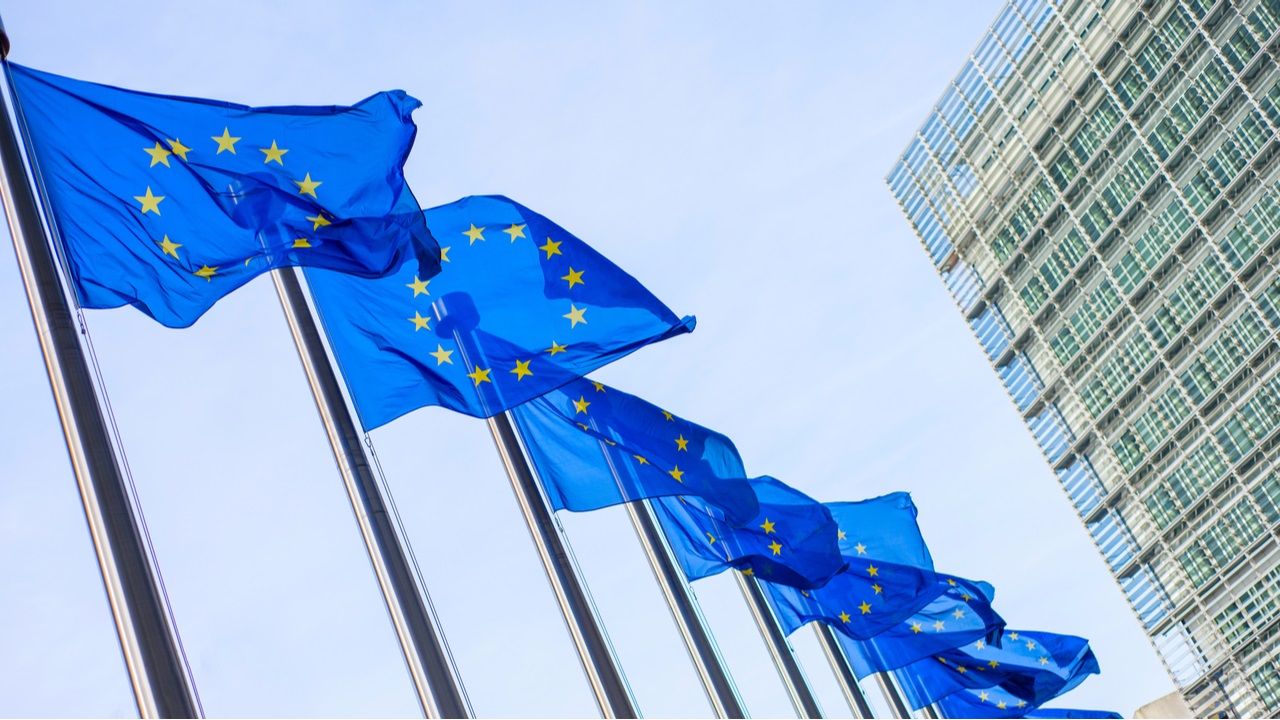European institutions are closing crypto loopholes for Russia with the latest package of penalties imposed by the EU over Moscow’s aggression against Ukraine. The new sanctions prohibit the provision of “high-value” crypto-asset services to Russian entities and residents.
EU Limits Russian Crypto Wallet Deposits to €10,000
Expanding its sanctions in response to the Russian military assault on Ukraine, the European Union has again targeted cryptocurrencies. On Friday, the European Commission, the executive body in Brussels, welcomed the fifth round of restrictions agreed upon by the Council of the EU. They have been tailored to “further contribute to ramping up economic pressure on the Kremlin and cripple its ability to finance its invasion of Ukraine.”
The new Council regulation, published in the Official Journal of the European Union, bans the provision of “high-value” crypto-asset services to the Russian Federation. It applies to crypto wallet, account, or custody services for Russian citizens, other residents, and legal entities established in the country, if the total value of the digital funds exceeds €10,000 (close to $11,000). The EU emphasized:
In view of the gravity of the situation, and in response to Russia’s military aggression against Ukraine, it is appropriate to introduce further restrictive measures. In particular, it is appropriate to extend the prohibition on deposits to crypto wallets.
Similarly, the EU limits fiat deposits by Russian individuals and organizations but the threshold is much higher, at €100,000. The measures, intended to close various other loopholes, also ban the sale of banknotes and transferrable securities denominated in the euro or other official currencies of the EU member states to Russia and Belarus, Moscow’s closest ally, or to any person or entity registered there.
The financial restrictions also envisage the freezing of assets, and a full ban on the transactions of four Russian banks representing a quarter of the country’s banking sector. In late February, Western allies, including EU members and institutions, excluded “selected Russian banks” from the SWIFT messaging network for interbank payments. The European Commission and the Council noted that the Russian financial institutions are now being “completely cut off from EU markets.”
Do you expect the EU to further strengthen crypto-related sanctions imposed on Russia over the conflict in Ukraine? Let us know in the comments section below.
Image Credits: Shutterstock, Pixabay, Wiki Commons
Disclaimer: This article is for informational purposes only. It is not a direct offer or solicitation of an offer to buy or sell, or a recommendation or endorsement of any products, services, or companies. Bitcoin.com does not provide investment, tax, legal, or accounting advice. Neither the company nor the author is responsible, directly or indirectly, for any damage or loss caused or alleged to be caused by or in connection with the use of or reliance on any content, goods or services mentioned in this article.
Read disclaimer
